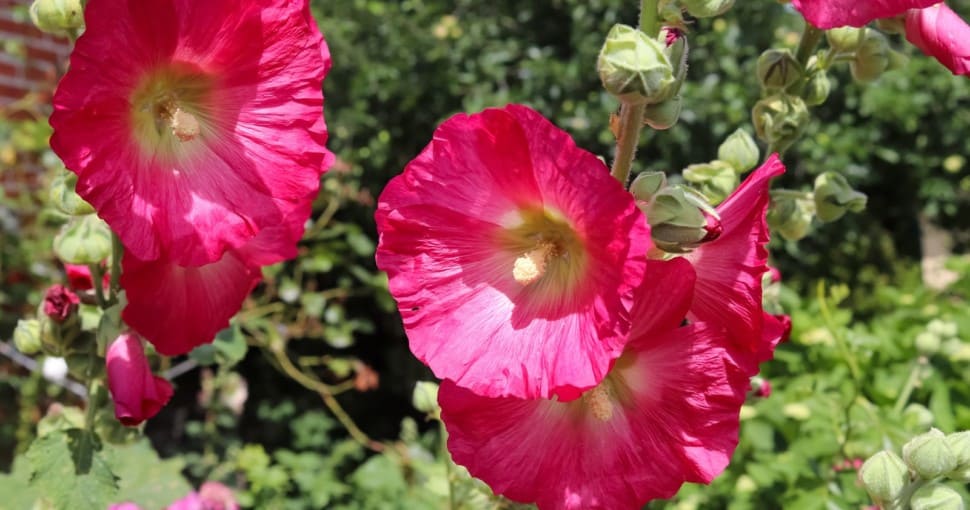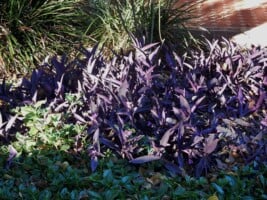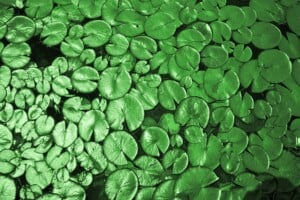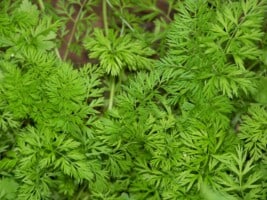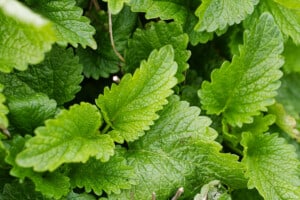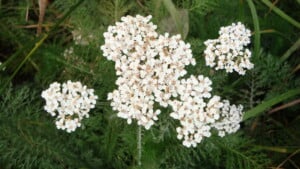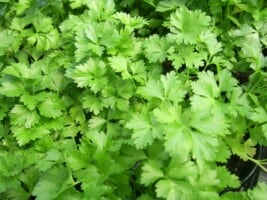Hollyhocks are beautiful plants that produce stunning, large flowers, which is why they are extremely popular plants to have in gardens. There are plants that can be worrisome to animal owners and parents alike, as they could be dangerous to ingest or even touch. So, are Hollyhocks poisonous, and should you be worried about them?
Contents
Hollyhocks are non-toxic to both animals and humans. The entire Hollyhocks plant is edible, from the roots to the flowers. However, you do need to be careful as some people and animals are sensitive to the plant, and it can cause contact dermatitis and skin irritation in those that are sensitive.
Related: 9 Hollyhock alternatives
Are Hollyhocks Poisonous To Humans?
Hollyhocks are beautiful, useful, hardy, and self-seeding plants known for their big flowers that come in many different colors. These plants are extremely popular and are commonly used as ornamental plants in gardens. Hollyhocks are used almost everywhere due to the large, gorgeous flowers that they produce.
You may be able to find these stunning plants growing in almost every garden around your neighborhood or placed in gorgeous bouquets and flower arrangements at the store.
With Hollyhocks being as popular as they currently are and being almost everywhere, you may be worried for the health of your family and your children as we are all being exposed to this plant regularly.
So, do you need to be worried about your family’s safety and health when it comes to the Hollyhocks plant, or can you rest easy?
Hollyhocks are completely edible plants; their flowers, leaves, roots, and seeds are all edible and non-toxic to humans. The flowers of the Hollyhocks are generally used in salads, while the leaves are used like spinach, or you can brew them into a tea.
You need to ensure that you or your family member does not consume the plant in excess as this can cause some gastrointestinal problems. However, you can put your mind at ease about all the Hollyhock plants sprouting up in your town, as they will not harm your family’s health.
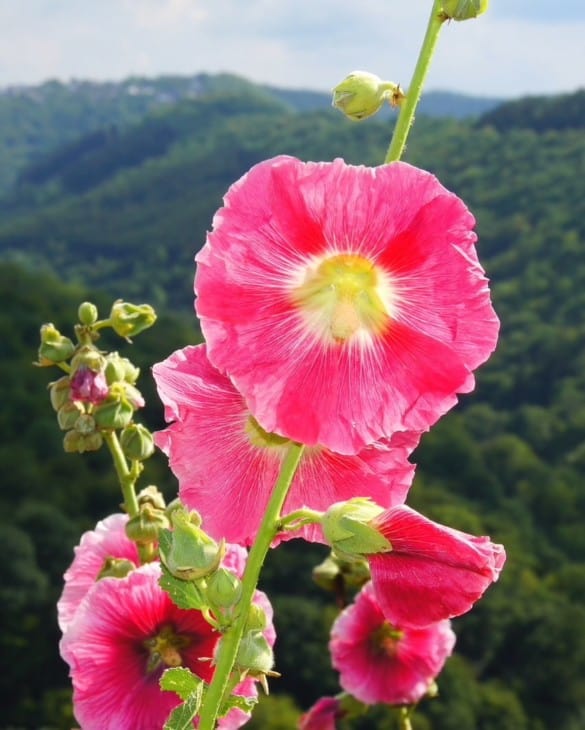
Are Hollyhocks poisonous To Dogs?
Knowing that your family will be safe if they consume any part of the Hollyhocks plant is one thing, but you may also be anxious and concerned for the safety and health of your dog companion.
Many people are just as worried about their dog’s safety around certain plants as their families as they see their dogs as children. Unfortunately, with so many plants in the world being poisonous to dogs, it can be difficult to decide if a plant is safe for them or not.
You need to ensure that none of these plants that are toxic to your dogs are planted in your garden and that there are none on your walking route if you walk your dog daily.
As Hollyhocks are highly popular and are planted almost everywhere, and they could even be springing up in your own garden as the Hollyhock’s seeds can spread a large distance away from the flowering plant. All this can increase your concerns about the safety of your dog.
Hollyhocks are non-toxic to dogs, and dogs can consume the entire Hollyhocks plant as well. With this being said, you should still try to limit the amount of the Hollyhocks plant they consume because if your dog consumes this plant in excess, your dog can suffer some uncomfortable gastrointestinal distress.
If your dog consumes Hollyhocks in excess, you may need to take your dog to the vet so that the vet can monitor the situation and see if your dog requires medical intervention and pain management or not.
Are Hollyhocks Poisonous To Cats?
With the number of Hollyhock plants that are starting to sprout up everywhere around your neighborhood and home, this can cause not only dog owners to be anxious but cat owners too.
In fact, cat owners may be more concerned for their cat’s safety with this plant as most cat owners have little to no say over where their cat roams during the day. This also translates over into your cat’s eating habits too.
As you are not in control of your cat’s whereabouts 24/7, who knows what your cat may try to eat while they are off on their travels. With many plants in the world being just as toxic to cats as they are dogs, the sheer number of Hollyhock plants growing in your neighborhood may have you worried for your cat’s safety, as this plant could be one of the toxic ones.
Hollyhocks are one of the few plants that are non-toxic to cats. Cats can nibble on all parts of the Hollyhocks plant without facing any negative side effects. However, just like with dogs, you need to ensure that your cat does not consume the plant in excess, as this can lead to uncomfortable gastrointestinal problems.
If your cat consumes Hollyhocks in excess, you may need to take your cat to the vet so that the vet can monitor the situation and see if your cat requires medical intervention and pain management or not.
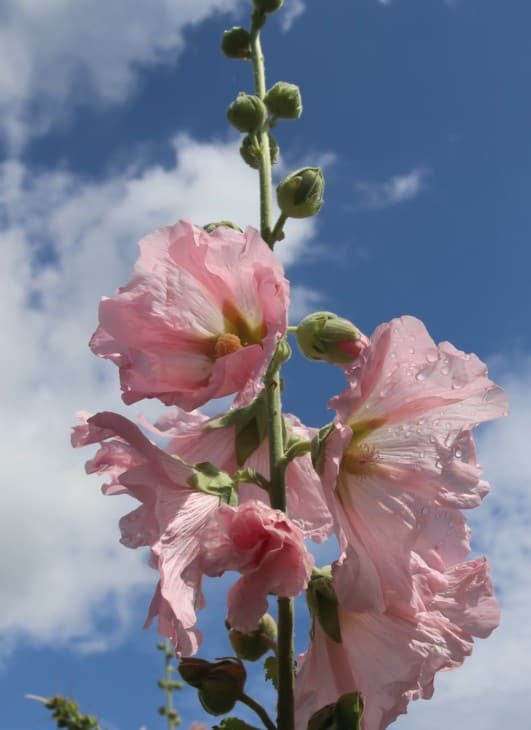
Are Hollyhocks Poisonous To Livestock?
There are several different animals apart from dogs and cats that owners will be concerned about when it comes to the Hollyhocks plant.
Many other animal owners are apprehensive about the increasing number of Hollyhocks sprouting up everywhere. People who own livestock, including chickens, cows, sheep, and goats, are just as worried about the health of their livestock when it comes to the increasing numbers of Hollyhock plants.
Hollyhocks seem to be non-toxic to all livestock animals, and all the livestock animals can eat the whole plant. However, as with cats and dogs, you need to try and stop your livestock from consuming Hollyhock plants in excess, as they can also develop some gastrointestinal distress.
Are There Considerations Before You Eat Hollyhocks?
Before you pick any part of the Hollyhocks plant and eat it, or you let your animals eat the plant, there are a few considerations you need to keep in mind first.
Hollyhocks can cause some contact dermatitis and skin irritation in certain people and animals sensitive to the cyclopropanoids found in the Hollyhocks plant.
Not all people and animals are sensitive to the plant, but you or your animal could be one of the unlucky few, and this can cause irritation in the mouth if sensitive people or animals consume the plant.
If you wish to consume any part of the Hollyhocks plant, you need to make sure you wash the plant thoroughly to ensure any chemical sprays like insecticides or herbicides that were sprayed on the plant are cleaned off.
If you ingest any of these chemicals on the plant, you need to seek medical attention as these can be severely damaging to your health.

